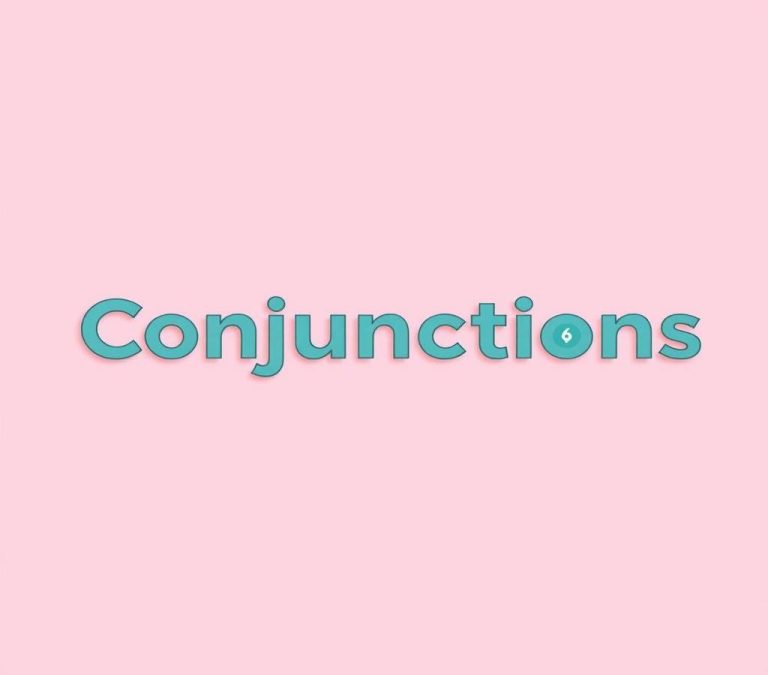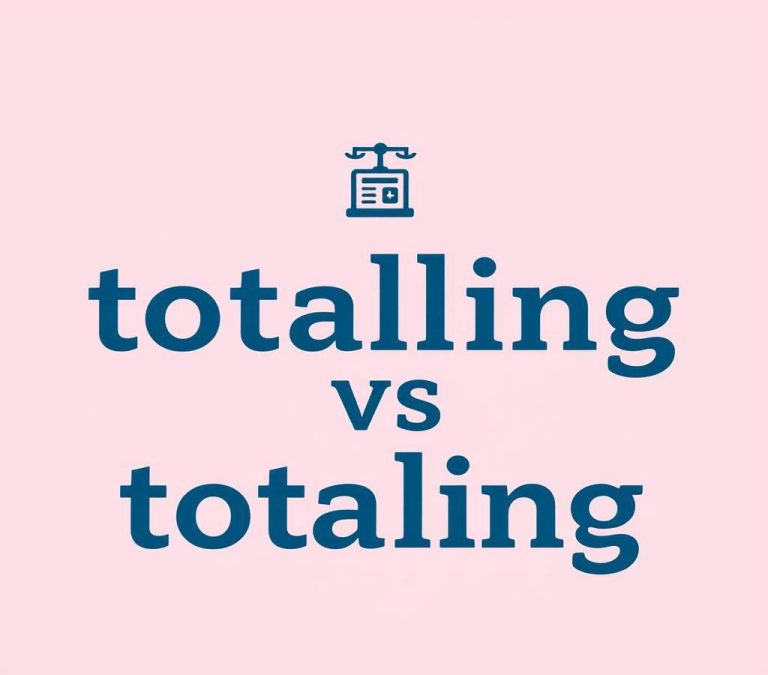Pick Up, Pickup or Pick-Up: Grammar Usage Guide
Understanding the differences between “pick up,” “pick-up,” and “pickup” can help improve your writing and communication. These terms are often confused, but each has a unique meaning and usage. Knowing when to use each one correctly can make your writing clearer and more precise. This article will explain the correct ways to use “pick up,” “pick-up,” and “pickup,” providing examples to make it easy to understand.
Quick Answer
“Pick up” (two words) is a verb phrase meaning to lift something up or to improve something. “Pickup” (one word) is a noun, referring to a casual meeting or a type of vehicle. For example:
- I’ll pick up the groceries. (verb)
- I’ll meet you at the pickup point. (noun)
- The company is trying to pick up its sales. (verb)
- I drive a pickup truck. (noun)
Why There is Confusion
The confusion between “pick up,” “pick-up,” and “pickup” stems from their similar appearances and pronunciations. While they look and sound alike, their meanings and uses differ significantly. Comprehending these differences is essential to ensure proper usage in both written and spoken English. Whether you are writing a professional document, a casual email, or simply engaging in conversation, knowing when to use each form can improve your clarity and precision.
What Does “Pick Up” Mean?
“Pick up” is a phrasal verb consisting of the verb “pick” and the adverb “up.” It is commonly used in many contexts. Here are some meanings:
1. **To Lift**: To physically raise something from a lower to a higher position.
- She bent down to pick up the book from the floor.
2. **To Collect**: To retrieve someone or something, often involving transportation.
- I’ll pick you up at the airport at 5 PM.
3. **To Acquire**: To gain or learn something, such as a skill or piece of information.
- He picked up Spanish while living in Mexico.
4. **To Improve**: To become better or increase in quality or quantity.
- Sales have picked up after the new advertisement campaign.
These examples show the versatility of the phrase “pick up” in different contexts.
What Does “Pickup” Mean?
“Pickup” is a noun or an adjective, and it carries various meanings as well:
1. **Noun (Vehicle)**: A type of light-duty truck with an enclosed cab and an open cargo area.
- He bought a new pickup for his farm work.
2. **Noun (Collection)**: The act of collecting or retrieving items or people.
- The store offers a convenient curbside pickup service.
3. **Noun (Improvement)**: An increase or improvement.
- There’s been a significant pickup in the economy.
4. **Noun (Informal Meeting)**: An unplanned or casual athletic game.
- We had a pickup basketball game at the park.
As an adjective, “pickup” often describes something related to or intended for collection and transport.
- They need a pickup truck for the job.
The Differences
In Parts of Speech
The primary distinction lies in their parts of speech:
- “Pick up” is a phrasal verb used in various verbal expressions.
- “Pickup” is a noun or adjective, describing specific objects or actions related to collection or improvement.
In Verb and Noun Forms
Here, the difference is more specific:
- Verb Form: “Pick up” functions dynamically to describe an action, like lifting, acquiring, or collecting (e.g., She had to pick up her kids from school).
- Noun Form: “Pickup” serves as a static descriptor for something tangible or specific, such as a vehicle or an act of collecting (e.g., He drove a pickup to the store).
Synonyms
Understanding synonyms for both expressions can also facilitate clearer communication:
- “Pick Up” Synonyms: lift, retrieve, collect, gather, acquire, learn, improve.
- “Pickup” Synonyms: collection, retrieval, acquisition, increase, improvement (contexts may vary).
By using synonyms, we can sometimes avoid confusion and enhance our writing’s variety and depth.
Alternative Phrases
You may find other ways to express the intended meanings of “pick up” or “pickup”:
- “Pick Up”:
- Lift (e.g., Lift the box carefully to avoid injury).
- Collect (e.g., I will collect you from the station).
- Gather (e.g., Gather your belongings before we leave).
- Acquire (e.g., She acquired new skills during the internship).
- Improve (e.g., The weather seems to be improving).
- “Pickup”:
- Collection (e.g., The trash collection service is on Thursday).
- Increase (e.g., There’s been an increase in sales).
- Recovery (e.g., The project shows signs of recovery).
- Casual game (e.g., We organized a casual soccer game).
Using these alternatives can help achieve more precise and varied language in your writing.
Examples of Correct Usage
Real-world examples illustrate how to use these terms appropriately:
1. **Pick Up (Phrasal Verb):**
- She needed to pick up a few groceries on her way home.
- He managed to pick up the guitar skills very quickly.
- The athlete was eager to pick up his pace during the marathon.
2. **Pickup (Noun/Adjective):**
- The pickup truck is essential for transporting large items.
- An unexpected pickup in demand took the company by surprise.
- The team enjoyed a fun pickup game of soccer after work.
Understanding these examples can help fix the correct usage in your mind and offer guidance when you write or speak.
Conclusion: Mastering the Correct Usage of “Pick Up,” “Pick-Up,” and “Pickup”
Knowing the proper usage of “pick up,” “pick-up,” and “pickup” is crucial for clear and effective communication. Remember that “pick up” functions as a verb phrase indicating an action, while “pickup” serves as a noun or adjective related to collection or improvement. Distinguishing these forms helps avoid misunderstandings and refines your language skills.
By familiarizing yourself with their meanings, synonyms, alternative phrases, and examples of correct usage, you can confidently employ these terms in various contexts. Accurate language use not only enhances your written and spoken communication but also establishes your credibility and professionalism in diverse settings. So next time you’re about to use “pick up,” “pick-up,” or “pickup,” you’ll know exactly which one fits the situation!







